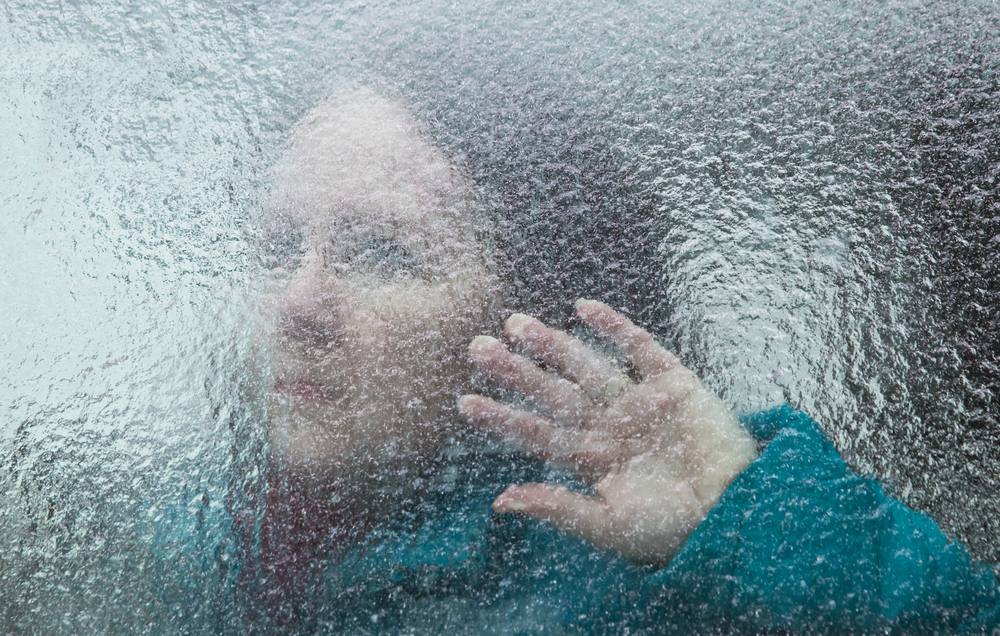-
Featured News
New payment models for radiation therapy should consider impact of behavioral health costs Mayo researchers say

SAN DIEGO – Efforts to develop new payment models in radiation oncology also should consider measures to address behavioral health to reduce the total cost of care during and after radiotherapy, according to the results of study performed by researchers at Mayo Clinic and presented today at the 59th Annual Meeting of the American Society for Radiation Oncology in San Diego.
“Psychiatric health is an essential component of comprehensive cancer care, says the study’s lead author Mark Waddle, M.D., a radiation oncologist at Mayo Clinic's Florida campus. “However, little has been done to quantify the impact of pre-existing psychiatric conditions on the cost of cancer care.”
To better understand the costs associated with psychiatric comorbidities, Dr. Waddle and his colleagues assessed the acute and follow-up costs for patients with and without psychiatric comorbidities who received radiation therapy at Mayo Clinic's Florida campus between 2009 and 2014.
Researchers studied the cost of care for 1,275 cancer patients over five years. Of those patients, 126 (9.9 percent) had at least one pre-existing psychiatric diagnosis. Patients were denoted as having pre-existing psychiatric conditions if they were found to have associated billing codes for any of the 422 International Classification of Diseases, ninth revision psychiatric conditions in a one-year period prior to their cancer diagnosis.
Researchers collected acute and follow-up costs as all costs for these patients for zero to six months and for six to 24 months after the cancer diagnosis. They subcategorized these costs into clinic, emergency department (ED), hospital inpatient, and hospital outpatient costs.
Researchers found that acute and long-term costs were higher in the group with pre-existing psychiatric diagnoses. The three largest differences in costs were follow-up ED costs, (208 percent higher), follow-up hospital outpatient costs (193 percent higher), and follow-up hospital inpatient costs (190 percent higher).
They also found that age, race, sex and treatment modalities were comparable among the groups, but the psychiatric group had a higher median number of comorbidities (five versus three) and the psychiatric group had more respiratory cancer diagnoses than the nonpsychiatric group (31percent versus 17 percent).
Dr. Waddle says addressing psychiatric comorbidities proactively may be a way to mitigate cost differential for these patients. “Our study suggests that interventions to improve anxiety, depression, alcohol and drug dependence and other psychiatric comorbidities not only offers a chance to improve clinical outcomes, but also provides an opportunity to decrease costs not only for patients but for the U.S. health care system as a whole.”
###
About Mayo Clinic
Mayo Clinic is a nonprofit organization committed to clinical practice, education and research, providing expert, comprehensive care to everyone who needs healing. For more information, visit mayoclinic.org/about-mayo-clinic or newsnetwork.mayoclinic.org.
MEDIA CONTACT:
Joe Dangor, Mayo Clinic Public Affairs, 507-284-5005, newsbureau@mayo.edu







